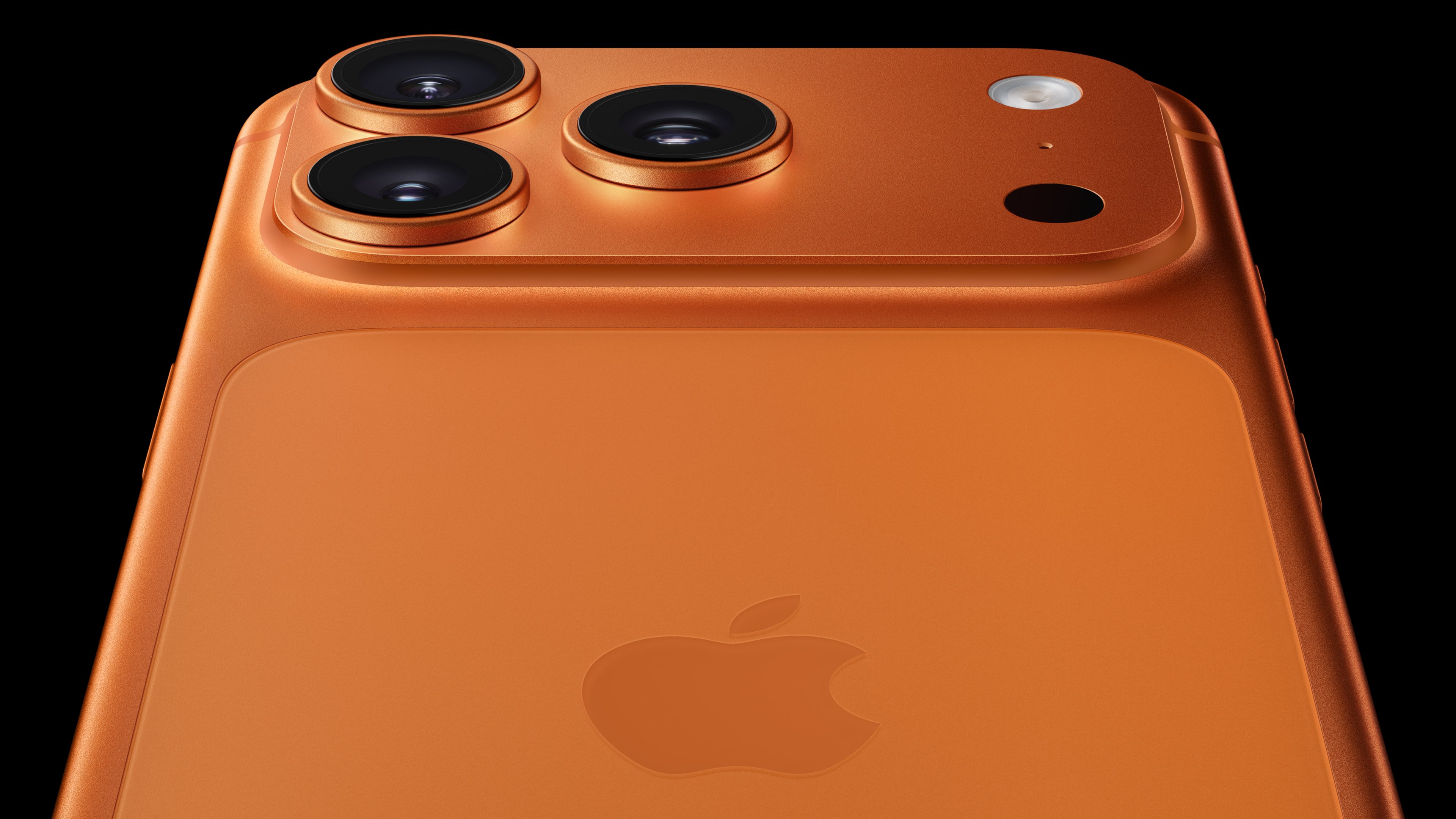Earlier this week, Apple (AAPL 0.34%), Amazon.com (AMZN +0.38%), Alphabet (GOOG +1.01%) (GOOGL +1.07%) subsidiary Google, and Zigbee Alliance announced a new coalition to develop a new connectivity standard for smart-home devices. Zigbee also represents other member companies that offer Internet of Things (IoT) and smart-home technology, including Samsung SmartThings, Swedish furniture maker IKEA, and NXP Semiconductors, among others.
Here's why Apple is a clear winner from the news.

Image source: Apple.
Catching up
In no uncertain terms, Apple trails Amazon and Google in the market for smart-home devices. Amazon's Alexa and Google's Nest smart-home platforms easily dominate the landscape in the U.S., thanks in large part to growing portfolios of affordable voice-controlled devices that serve as access points combined with broad support from third-party gadget manufacturers.
Amazon recently announced that Alexa now supports over 100,000 smart-home products made by over 9,500 different brands, for instance. Despite releasing Alexa four years after Apple's Siri, the e-commerce giant was the first to open up its virtual assistant to third-party developers, giving it an early lead in creating a vibrant platform. Google's platform supports an estimated 10,000 smart-home devices, while Apple sells less than 500 HomeKit-enabled products.
Apple botched its smart-home strategy from the beginning. Beyond Siri's fundamental deficiencies, Apple had initially imposed onerous (and costly) requirements around hardware authentication for its smart-home platform, HomeKit. The Mac maker only started shifting toward software authentication in 2017, which allowed some manufacturers to retroactively add HomeKit support. Apple is reportedly overhauling its smart-home strategy in an effort to catch up with Amazon and Google.
Additionally, Apple's only smart speaker, the expensive HomePod, has been a commercial flop. While users can control smart-home devices from smartphones, smart speakers have emerged as a preferred way to access home automation. Amazon continues to dominate the smart speaker market, with a 37% market share in the third quarter, according to recent estimates from Canalys.
The new partnership -- dubbed Project Connected Home over IP (internet protocol), or CHIP -- aims to increase compatibility and interoperability between smart-home products, utilizing a royalty-free and open-source model to create a new unified standard that is based in part on the existing smart-home technologies that Amazon, Apple, Google, and Zigbee have already brought to market. That will allow the CHIP group to accelerate the timeline of the protocol.
HomeKit is part of Apple's MFi accessory program, which requires manufacturers to pay Apple royalties.
As the clear laggard in smart-home technology, that also means Apple has the most to gain from a new standard that can increase compatibility across smart-home devices. To the extent that device manufacturers adopt the new protocol once it is released, all of those smart-home gadgets that consumers have already purchased could soon become compatible with HomeKit, essentially reducing switching costs if the user prefers to use Apple products as access points. Apple just needs a more affordable smart speaker now.






